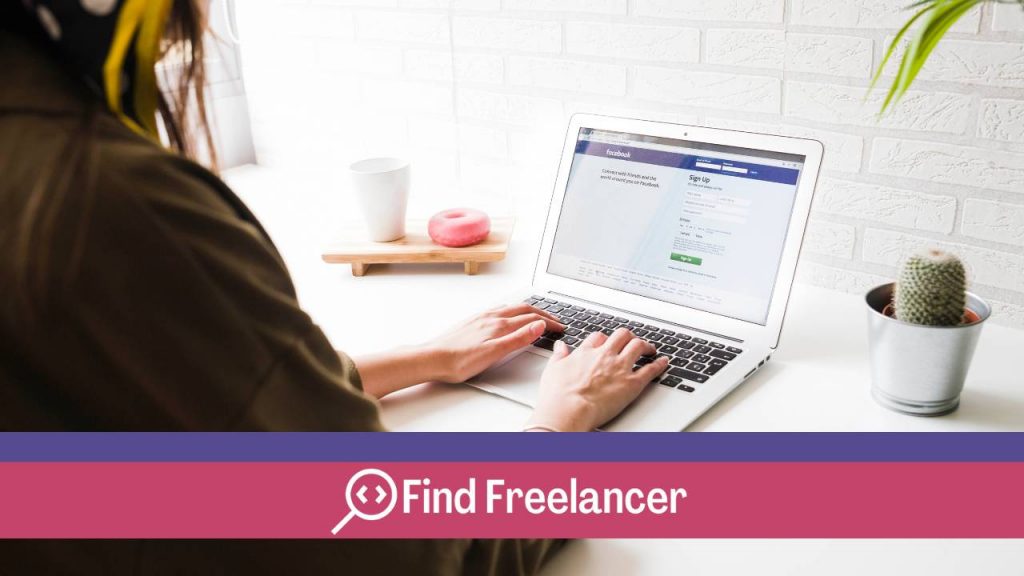Nowadays, online security is more important than ever, especially when it comes to protecting our social networking accounts. With billions of users, Facebook is a prime target for hackers. But don’t panic, there are simple and effective ways to avoid having your Facebook account hacked. In this article, we’ll give you some practical advice on how to strengthen the security of your account and prevent any hacking attempts. By following these recommendations, you’ll be able to enjoy your Facebook experience in complete safety.
Use a strong and unique password
To guarantee the security of your cFacebook account, it’s essential to use a strong, unique password. Choose a long password, including numbers, upper and lower case letters and special characters. Avoid using personal information such as your date of birth, as these are easy for hackers to guess. A good password is difficult to guess, even for those closest to you. By using a strong, unique password, you considerably reduce the risk of your Facebook account being hacked. Take the time to create a secure password and never share it with anyone.
Enable two-factor authentication
Enabling two-factor authentication considerably strengthens the security of your Facebook account. Once activated, this feature asks you for an additional code every time you log in, in addition to your usual password. This ensures that even if someone obtains your password, they won’t be able to access your account without this additional code. This code is usually sent to your phone via a text message or authentication application. By adding this extra layer of security, you significantly reduce the risk of your Facebook account being hacked, and protect your personal information from unauthorized access.
Beware of suspicious links and files
To protect your Facebook account, avoid clicking on links or files from suspicious sources. These links could redirect you to malicious sites or download infected files to your device. If in doubt, check the legitimacy of the sender before clicking. If you receive a link by private message, ask the person who sent it to confirm that it was sent. Make sure your friends and contacts know the origin of any links they share. Being careful with links and files is essential to maintaining the security of your account.
Avoid connecting from public devices
When logging into your Facebook account, it’s crucial to avoid public devices such as computers and Wi-Fi networks. These networks can be less secure, exposing your information to hacking risks. To ensure the security of your account, use a private, secure network. By opting for this precautionary measure, you considerably reduce the risk of your personal information being compromised. What’s more, it ensures that your online activities remain confidential and protected.
Keep up to date with the latest hacking techniques
To keep abreast of the latest hacking techniques, it’s essential to regularly follow online security news and advice. Many specialized websites and forums publish articles and guides on new methods used by hackers. By keeping up to date, you’ll be better prepared to deal with online threats and protect your accounts. In addition, joining online communities dedicated to computer security can help you exchange tips and tricks with other users. Stay vigilant and informed to effectively protect your data online.
Check third-party application permissions
When using third-party applications with your Facebook account, it’s crucial to carefully check the permissions they request. Go to your Facebook account settings and look for the applications section. Review the list of applications to which you have granted permissions, and revoke any that seem suspicious or unnecessary. To do this, click on the application in question and select the revoke permissions option.
Enable connection notifications
Login notifications are an effective way of staying informed about your Facebook account’s activity. By activating this feature, you’ll receive instant e-mail or SMS alerts in the event of a suspicious connection or from a new device. This will enable you to react quickly to any unauthorized activity and take the necessary steps to protect your account. With these notifications, you can have peace of mind knowing that you’ll be notified in real time of any suspicious activity, reinforcing the security of your Facebook account.
Change your password regularly
Changing your password regularly is essential for strengthening the security of your Facebook account. This reduces the risk of hacking by making it harder for hackers to guess your password. Use a password generator to create strong, unique passwords, combining letters, numbers and special characters. Also make sure you don’t reuse the same passwords on different online accounts.
Be vigilant against phishing attempts
Phishing is a technique used by hackers to obtain your login information by posing as a trusted entity. To avoid falling into this trap, be vigilant and never share your password with anyone. If you receive a suspicious message, report it immediately to Facebook to protect your account and your data. By staying alert and reporting phishing attempts, you’re helping to strengthen online security for yourself and other users.










